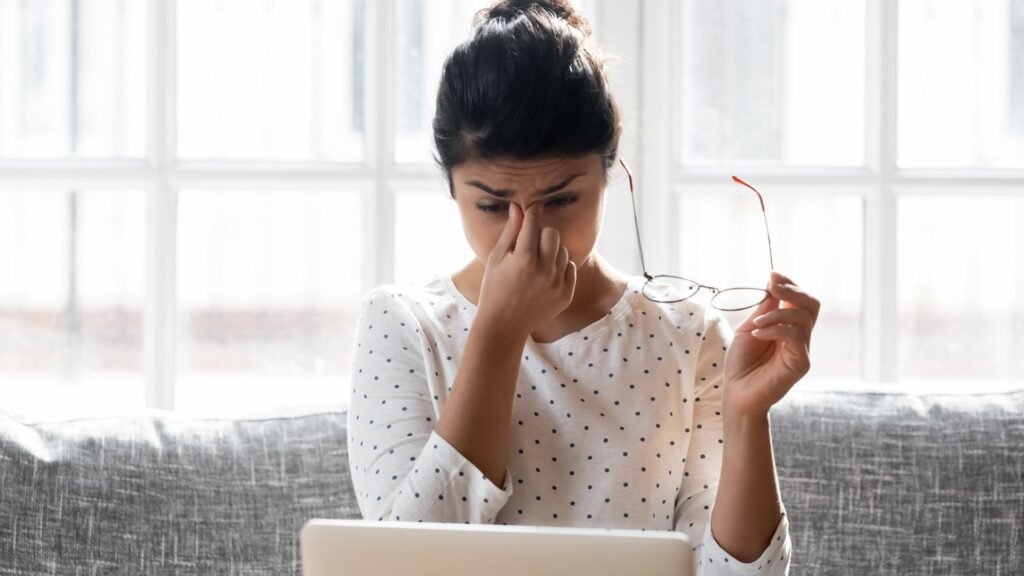Absolutely, incorporating evening walks into your routine can contribute to better sleep. Here's how evening walks can positively impact your sleep and some additional tips for improving sleep quality:
Benefits of Evening Walks for Better Sleep
- Promotes Relaxation: Physical activity, such as walking, can help reduce stress and promote relaxation. It releases endorphins, which are natural mood lifters, helping to unwind the mind.
- Regulates Circadian Rhythms: Exposure to natural light during an evening walk can help regulate your circadian rhythms. This exposure reinforces your body's natural sleep-wake cycle, making it easier to fall asleep at night.
- Temperature Regulation: Body temperature tends to drop after physical activity, signaling to the body that it's time to wind down. The subsequent drop in temperature can support the body's natural sleep process.
- Reduces Anxiety and Depression: Regular exercise, including walking, has been linked to reduced symptoms of anxiety and depression. Improved mental health can positively impact sleep.
- Enhances Sleep Quality: Exercise has been shown to improve the overall quality of sleep, leading to deeper and more restful sleep.
- Establishes a Relaxing Routine: A consistent evening walk can serve as part of a bedtime routine, signaling to your body that it's time to prepare for sleep.
Additional Tips for Better Sleep
- Create a Relaxing Bedtime Routine: Establish a calming routine before bedtime. This may include activities such as reading a book, taking a warm bath, or practicing relaxation exercises.
- Limit Screen Time Before Bed: The blue light emitted by screens can interfere with the production of the sleep hormone melatonin. Try to limit screen time at least an hour before bedtime.
- Maintain a Consistent Sleep Schedule: Go to bed and wake up at the same time every day, even on weekends. Consistency helps regulate your body's internal clock.
- Create a Comfortable Sleep Environment: Ensure your bedroom is conducive to sleep. This includes a comfortable mattress and pillows, as well as a cool, dark, and quiet environment.
- Watch Your Diet: Avoid heavy meals, caffeine, and alcohol close to bedtime. These can disrupt sleep patterns and affect the quality of your sleep.
- Manage Stress: Practice stress-reducing techniques, such as meditation or deep breathing exercises, to manage stress levels and promote relaxation.
- Limit Naps: If you need to nap during the day, keep it short (20-30 minutes) and avoid napping too close to bedtime.
- Evaluate Your Mattress and Pillow: Ensure that your mattress and pillows provide adequate support and comfort. An uncomfortable sleeping surface can contribute to sleep disturbances.
Remember, individual sleep needs vary, so it's important to find a routine that works best for you. If sleep difficulties persist, consider consulting with a healthcare professional for personalised advice and guidance.





